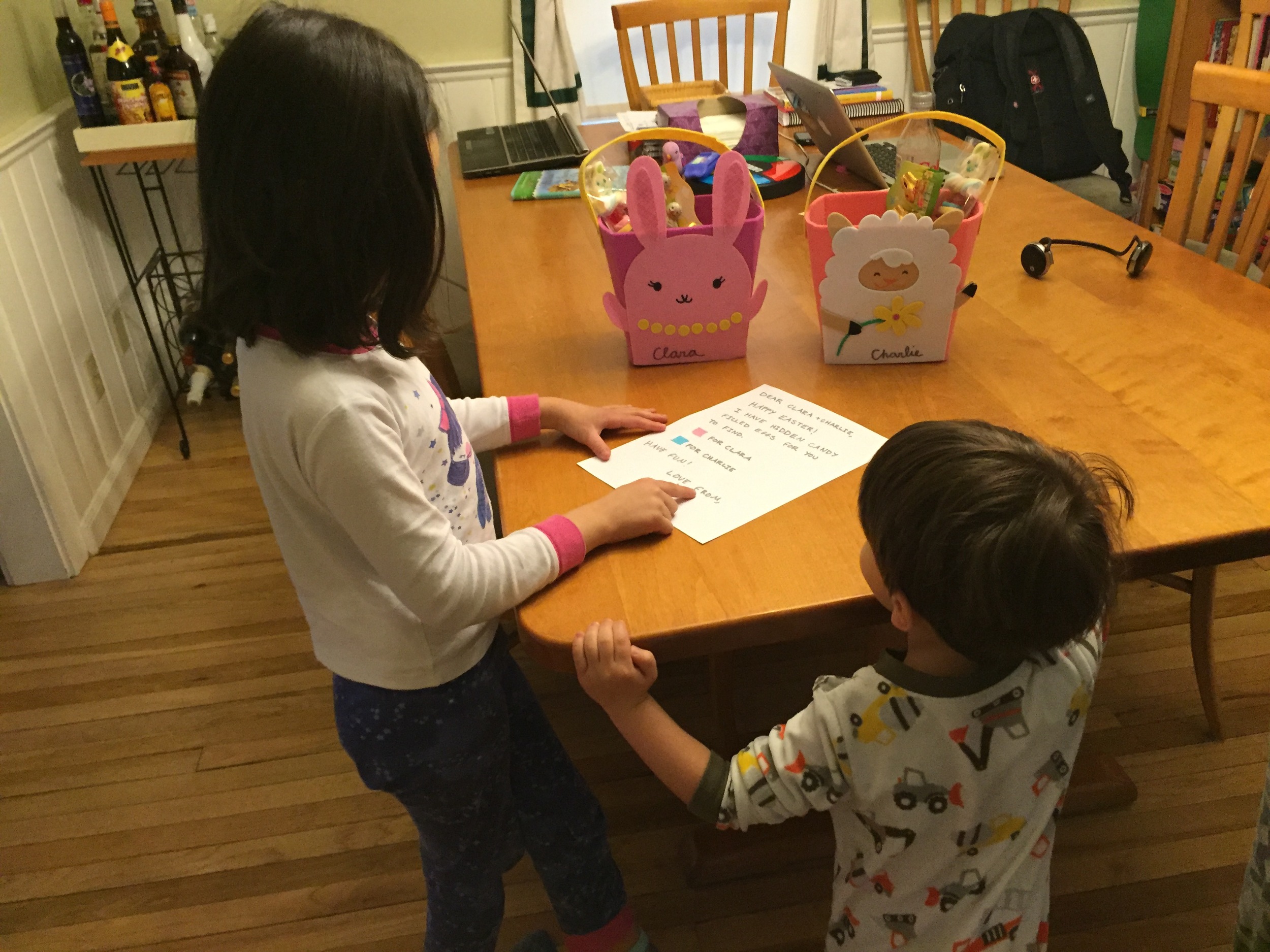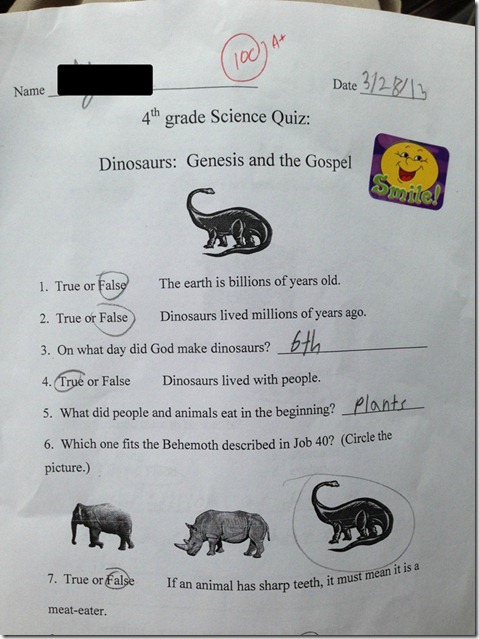Paul Elie, a senior fellow in the Berkley Center for Religion, Peace and World Affairs at Georgetown, suggests in the New York Times this week that Catholics (of which he is one) give up their faith as a form of protest against the recent practices of their church.
Resignation: that’s what American Catholics are feeling about our faith. We are resigned to the fact that so much in the Roman Catholic Church is broken and won’t be fixed anytime soon.
So if the pope can resign, we can, too. We should give up Catholicism en masse, if only for a time.
He goes on to explain his rationale:
For the Catholic Church, it has been “all bad news, all the time” since Benedict took office in 2005: a papal insult to Muslims; a papal embrace of a Holocaust denier; molesting by priests and cover-ups by their superiors. When the Scottish cardinal Keith O’Brien resigned on Monday amid reports of “inappropriate” conduct toward priests in the 1980s, the routine was wearingly familiar. It’s enough to make any Catholic yearn to leave the whole mess for someone else to clean up.
In response to these crimes, scandals and missteps, Elie goes on to list a variety of churches that he will be attending in the near future, none of which are Catholic.
As much as you can be born into a religion (a phrase which really means that your parents chose to indoctrinate you into their belief system regardless of what might be in your heart), I was born into Catholicism. While my mother wasn’t an overly observant Catholic, the church services that we occasionally attended were Catholic and the church that we identified as our own was the same. I never liked going to church, but it never occurred to me at the time that there might be another, more appropriate religion for me.
That’s how indoctrination works.
Our secret sauce is right. Everyone else’s secret sauce is wrong. Don’t even bother tasting it.
Then my mother sent me to my first CCD class when I was about seven years-old. It was a two-hour affair conducted in the middle school adjacent to our church.
When I returned home from CCD two hours later, I told my mother that I was not going back. Also, I was no longer a Catholic.
My objections to Catholicism centered on my resistance to hierarchy and authority. Even at the tender age of seven, I was a difficult person who did not like being told what to do. While I was able to stomach the tenets of Catholicism for an occasional Sunday service, CCD made it clear to me that the church was a top-down, authoritative institution where the questioning of religious doctrine and practice was not permitted.
I also couldn’t stand the thought of more school on Thursday afternoons.
To my mother’s credit, she allowed me to abandon Catholicism with the agreement that I would choose a new church. “You don’t have to be Catholic,” she said. “But you have to be something.”
Over the course of the next few weeks, my mother brought me to a variety of churches, and I ultimately settled on a Protestant Congregationalist Church in town. It was a simple, white church on a hill that served Wonder Bread and grape juice for communion and allowed children to ring the bell signaling that church was about to begin. Best of all, in the middle of Sunday service, the minister would call the children down to the front of the church and sit on the dusty floor with us, telling us a story while ignoring the adults.

That sealed the deal for me.
I have openly questioned many of the decisions that my parents made throughout my childhood, but this was one of the best decisions my mother ever made. Remarkably selfless, too. How many parents do you know who would be willing to release their children from their own belief system in favor of one that better accommodates their own personal style or beliefs?
I don’t know if I know any.
When it comes to religion, parents tend to exceptionally selfish and illogical, thinking of religion as a winter coat.
“Put it on. It’s cold outside. You need it.”
But religion is not something that can be put upon your child without a blend of indoctrination, deception and coercion. Expecting your child to willingly accept your belief system is ridiculous.
My mother knew this. She honored me as an individual. She respected by personal belief system.
Admittedly, religion didn’t stick with me, but I suspect that it wasn’t going to stick regardless of what my mother did.
My mother probably knew this, too.
I am a reluctant atheist today. I would desperately like to believe in the existence of God (though not the cruel, inhumane God from the Old Testament) and an afterlife , but I simply haven’t found myself able to do so.
I suspect that I’m a little too logical, a little too oppositional and too much of a nonconformist to accept the dogma of any organized religion, regardless of what I may want to believe.
But I cherish those days spent in that Congregational church in Blackstone, Massachusetts. I didn’t come away with a belief in God or church doctrine, but I read the Bible from cover to cover at least twice while sitting in those wooden pews (probably the source of my disbelief), and think the church taught me a great deal about right and wrong. I suspect that I probably learned quite a bit about teaching and storytelling from a minister who knew how to entertain and educate a handful of kids ages 5-15 every week without exception.
That was real miracle.









